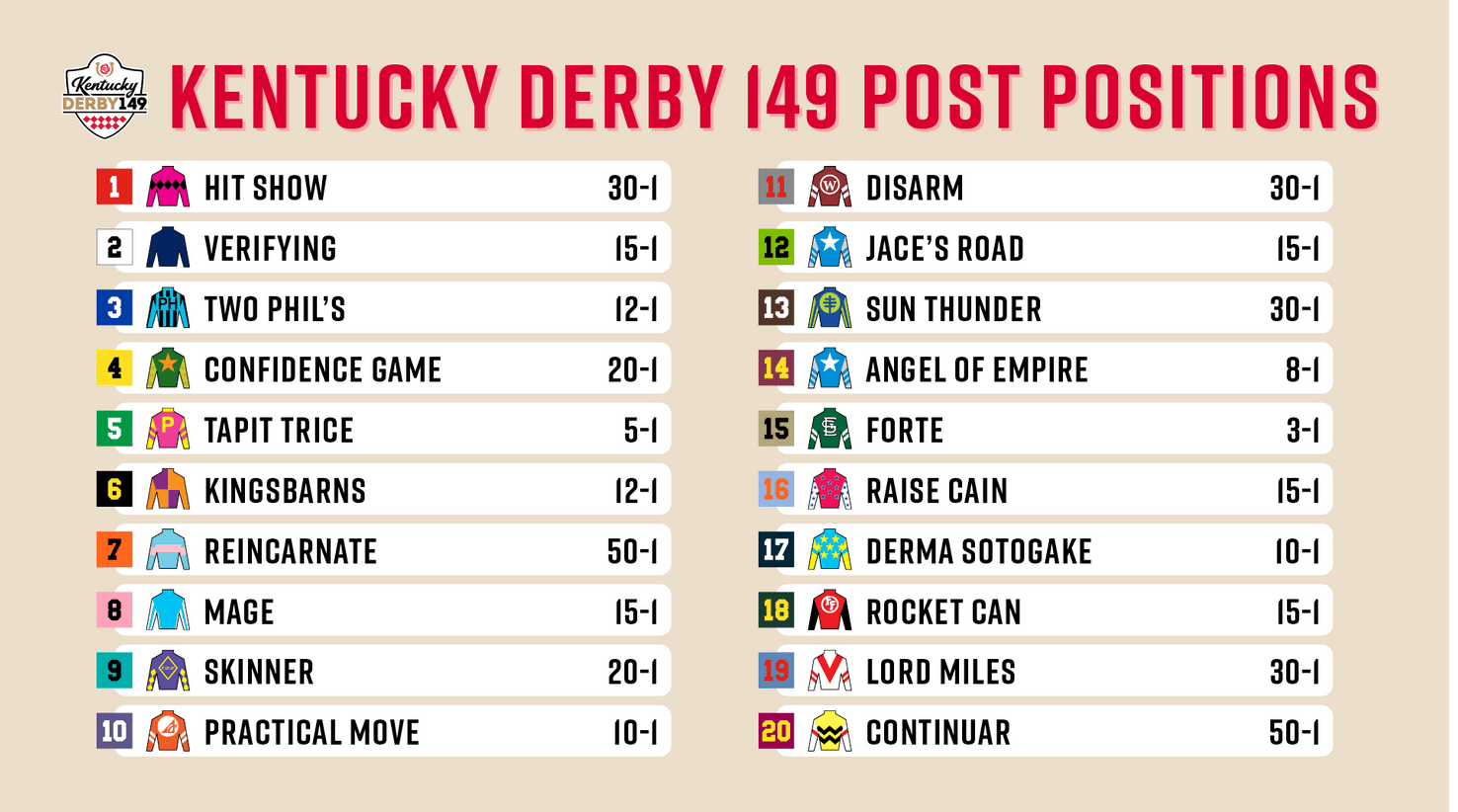Will The U.S. Force Google To Unbundle Its Advertising Business?

Table of Contents
The Antitrust Concerns Surrounding Google's Advertising Empire
Google's advertising empire faces intense antitrust scrutiny. Investigations and lawsuits allege anti-competitive practices that stifle innovation and harm smaller players. The core concern revolves around Google's alleged abuse of its dominant position in search and online advertising.
- Domination of search advertising: Google's search engine enjoys an unparalleled market share, giving it an almost insurmountable advantage in search advertising. This dominance allows it to set prices and dictate terms to advertisers.
- Allegations of anti-competitive behavior: Critics accuse Google of prioritizing its own products and services in search results and advertising placements, giving them an unfair advantage over competitors. This preferential treatment, often referred to as "self-preferencing," is a central point of contention in ongoing antitrust cases.
- Impact on smaller advertising companies and publishers: Smaller advertising companies struggle to compete with Google's vast resources and market power, leading to concerns about reduced competition and limited choices for advertisers. Publishers also find themselves reliant on Google's ad platforms, potentially limiting their negotiating power and revenue streams.
- Arguments for and against Google's advertising practices: Google argues that its practices benefit consumers by providing high-quality search results and affordable advertising options. However, critics contend that these practices stifle innovation and harm competition, ultimately harming consumers in the long run.
Potential Scenarios for Google Unbundling
If the U.S. government decides to force Google unbundling, several scenarios are possible. These range from a complete restructuring to more nuanced changes within its advertising division.
- Complete separation of Google Search from Google Ads: This drastic measure would involve separating Google's search engine entirely from its advertising business, creating two independent entities. This is considered the most radical approach to address concerns about Google leveraging its search dominance to benefit its advertising business.
- Partial unbundling: Separating specific ad platforms: A less disruptive approach might involve unbundling specific Google advertising platforms, such as Google Ads from YouTube Ads or Google Shopping Ads. This would allow for increased competition within specific sectors of the digital advertising market.
- Structural changes within Google's advertising division: Less extreme measures might include structural reforms within Google's advertising division, aimed at increasing transparency and preventing anti-competitive practices without a full separation. This could involve changes to algorithms and internal processes.
- The regulatory challenges of implementing such a separation: The logistical and legal complexities of unbundling a company as large and integrated as Google are immense. This involves intricate legal proceedings, potentially years-long battles, and significant costs.
Economic Impacts of Forcing Google to Unbundle
Forcing Google to unbundle its advertising business would have profound economic consequences, both positive and negative.
- Impact on Google's profits and market share: Unbundling would likely significantly reduce Google's profits and market share in the short term. The long-term impact is harder to predict, and depends on the success of the newly independent entities.
- Impact on advertisers and advertising costs: The immediate effect on advertisers is uncertain. Some may benefit from increased competition and lower prices, while others may face higher costs or reduced reach depending on the effectiveness of alternative ad platforms.
- Potential for increased competition and innovation in the digital advertising market: Unbundling could foster increased competition and innovation, potentially leading to better products and services for consumers and advertisers. New players could emerge, challenging Google’s dominance.
- Possible negative impacts on consumers (e.g., higher prices): Some argue that unbundling could lead to higher prices for consumers due to the increased costs of competing services and reduced economies of scale.
Political and Legal Ramifications of a Google Breakup
The political and legal landscape surrounding a potential Google breakup is complex and fraught with challenges.
- The role of the Department of Justice and the Federal Trade Commission: These agencies play a crucial role in investigating and potentially prosecuting antitrust cases against Google, with their decisions shaping the legal battle.
- Potential legal challenges from Google: Google is likely to mount significant legal challenges to any attempt to force unbundling, potentially leading to protracted legal battles.
- The influence of lobbying efforts: Powerful lobbying groups representing both Google and its competitors will exert considerable influence on the political process, shaping the debate and its outcome.
- International implications of such a decision: A U.S. decision to force Google unbundling could have significant international implications, influencing antitrust enforcement globally and affecting how other tech giants are regulated.
The Future of Google and the Debate Over Unbundling
The debate surrounding Google unbundling is multifaceted, with compelling arguments on both sides. While concerns over Google's market dominance and anti-competitive practices are legitimate, the potential economic and logistical ramifications of a forced breakup are significant. The uncertainty surrounding the outcome highlights the ongoing nature of the investigations and legal battles. The future of digital advertising hinges on the outcome of this crucial debate. Stay informed about the ongoing discussions surrounding Google unbundling and its potential impact on the digital advertising landscape. For further reading, consult resources from the Department of Justice, the Federal Trade Commission, and reputable news outlets covering antitrust law and technology. The implications are vast, and understanding this evolving situation is crucial for everyone involved in the digital economy.

Featured Posts
-
 Countdown To Kentucky Derby 151 A Complete Guide For Fans
May 05, 2025
Countdown To Kentucky Derby 151 A Complete Guide For Fans
May 05, 2025 -
 Police Crackdown On Child Abuse Dangerous Paedophile Behind Bars
May 05, 2025
Police Crackdown On Child Abuse Dangerous Paedophile Behind Bars
May 05, 2025 -
 The Bradley Cooper Leonardo Di Caprio Friendship A Gigi Hadid Induced Fracture
May 05, 2025
The Bradley Cooper Leonardo Di Caprio Friendship A Gigi Hadid Induced Fracture
May 05, 2025 -
 Max Verstappen New Baby Miami Grand Prix Focus
May 05, 2025
Max Verstappen New Baby Miami Grand Prix Focus
May 05, 2025 -
 Max Verstappens Fatherhood Christian Horners Comment
May 05, 2025
Max Verstappens Fatherhood Christian Horners Comment
May 05, 2025
